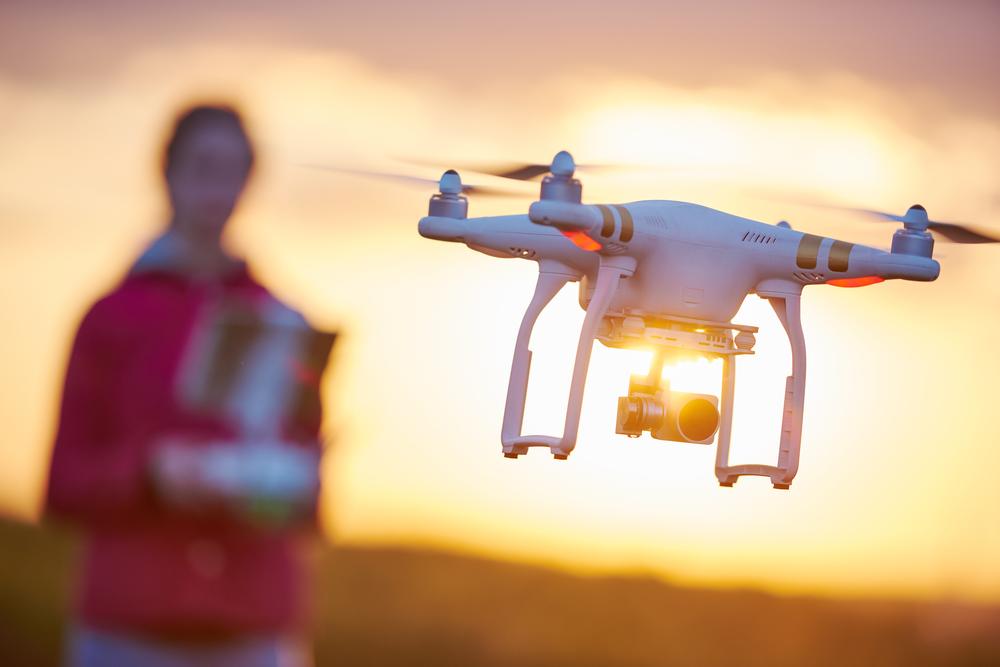New Drone Rules Make India a No-fly Zone for Foreigners

Under a new set of policies governing the operation of remote control aircraft, only Indian citizens will be eligible for a license to fly drones for nearly all commercial and recreational purposes. The new regulations unveiled this week are set to go into effect later this year.
On Monday, policymakers in India unveiled a much-anticipated set of policies governing the operation of remote control aircraft. The new “Remotely Piloted Aircraft System (RPAS) Policy” tightly regulates how and when remote control aircraft are permitted to be flown and by whom. The new rules, which are slated to go into effect on December 1, cover the operation of RPAS for commercial and in most cases, recreational purposes – even when used indoors.
According to documents obtained by the Times of India, nearly all drones will soon need to be officially registered at which point a unique identification number (UIN) will be issued by the Directorate General of Civil Aviation (DGCA). Commercial drone operators will also be required to obtain a special Unmanned Aircraft Operator Permit (UAOP). The UAOP licenses will only be available for Indian residents.
“Foreigners are currently not allowed to fly drones in India,” the new regulations explain. “For commercial purpose, they need to lease RPAS to an Indian entity who in-turn will obtain UIN and UAOP from DGCA.”
The new guidelines limit the use of remote control aircraft to daylight hours and require operators to “inform local police before flying.” Micro-drones, which are classified as RPAS weighing 250 grams or less, are exempt from most of the new rules – provided the small drones are piloted under a 200-foot ceiling above private property.
The government also unveiled improvements to the online system used to let drone operators register planned flights and obtain permission for commercial activity. The Digital Sky Platform is already available to drone pilots, but will become mandatory once the new rules take effect later this year.
Regulators say that the new set of policies could potentially make drone activities that had until now been permitted now against the rules. The DGCA is urging anyone who operates a remote control aircraft for fun or profit to research the soon-to-be-enacted-regulations prior to taking to the skies.
“Do your homework before spending the considerable money for a drone,” the DGCA admonished potential drone pilots this week. “Make sure you clearly understand all operational and regulatory aspects. Ensure your drone is NPNT (No Permission No Takeoff) compliant and issued with a UIN.”
[Photo: Shutterstock]





















